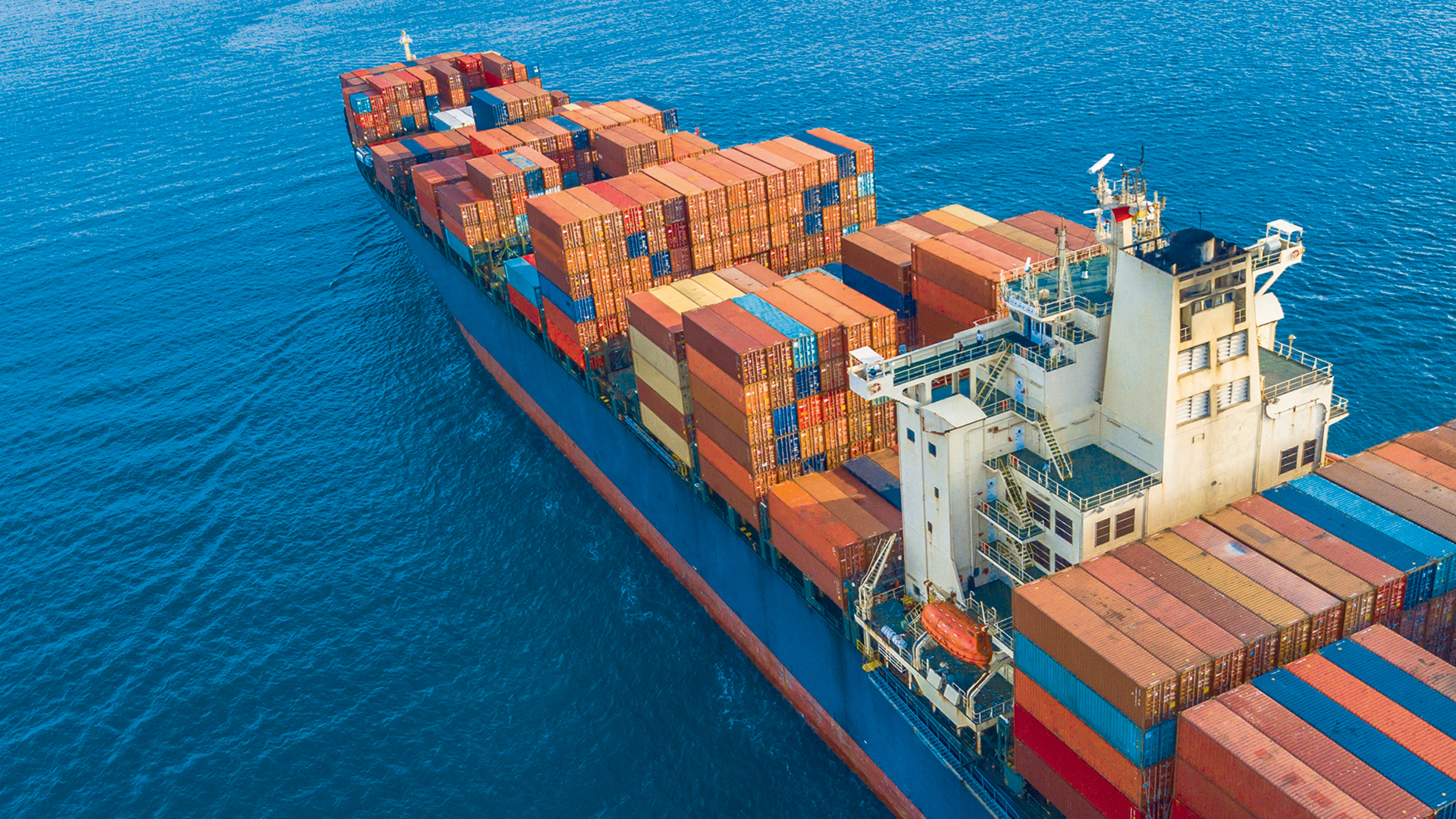On February 21, 2025, the Office of the United States Trade Representative (USTR) published its proposed actions under Section 301 of the Trade Act of 1974 (Section 301) to address the harm it previously concluded the US was incurring as a result of China’s targeting of the maritime, logistics and shipbuilding sectors for dominance (the Proposed Action).
In summary, USTR is proposing to impose (1) significant port fees on Chinese maritime transport operators and operators with current fleets of Chinese-built vessels (including operators with orders for such vessels), and (2) requirements for the increased use of US vessels to carry US goods in coastwise and international transport from US ports. If adopted, the Proposed Action will have far reaching consequences, both politically and economically.
Ship owners, operators and builders may all be significantly impacted by the additional fees and requirements and should consider the potential impact on their business. However, the impacts will also be felt more broadly across most industries, given the role ocean transportation plays in virtually all supply chains. In addition to closely following, and potentially commenting on, the proposed rules, impacted parties should also consider their contractual language and whether the proposed fees and other requirements may be captured by language relating to force majeure, change in law or more specific tariff or sanctions provisions.
Statutory and procedural overview
Section 301 grants USTR the authority to investigate and remediate, including through the imposition of tariffs or other import restrictions, foreign trade practices that it determines (1) are unreasonable or discriminatory, and (2) burdens or restricts US commerce. The Proposed Action arises from an investigation conducted by USTR in response to a petition filed by five national labor unions on March 12, 2024 asking USTR to investigate Chinese efforts to target the maritime, logistics and shipbuilding sectors for dominance. USTR accepted the petition and initiated the investigation on April 17, 2024 and subsequently published its positive determination in the Report on January 16, 2025.
USTR is now seeking comments on the Proposed Action and has scheduled a public hearing for March 24, 2025. As the public docket is already open, persons interested in submitting comments on USTR’s Proposed Action may do so any time before March 24, 2025. Moreover, persons interested in appearing at the hearing may submit a request to do so, along with a summary of the testimony, by March 10, 2025. Within seven days after the last day of the public hearing, post-hearing rebuttals and comments may be submitted for consideration. The public hearing and the comments provided will help USTR continue to develop and refine the Proposed Action and may directly contribute to USTR’s anticipated actions to address those issues identified in the Report.
The Proposed Action
The USTR has proposed the following fees and restrictions on services:
- Chinese transport operators will be charged:
- up to US$1 million per vessel entrance to a US port; or
- up to US$1,000 per net ton of the vessel’s capacity per vessel per vessel entry to a US port
- Transport operators with fleets comprised of Chinese-built vessels will be charged:
- up to US$1.5 million per vessel entrance to a US port; or
- based on the percentage of Chinese-built vessels in an operator’s fleet; or
- an “additional fee” of up to US$1 million per vessel entrance to a US port if the number of Chinese-built vessels in the operator’s fleet is equal to or greater than 25 percent
|
Amount of fee (per vessel entrance to a US port)
|
Percentage of operator fleet comprised of Chinese-built vessels
|
|
50% or more
|
up to US$1 million
|
|
more than 25% but less than 50%
|
up to US$750,000
|
|
more than 0% but less than 25%
|
up to US$500,000
|
- Maritime transport operators with prospective orders for Chinese vessels will be charged:
- an “additional fee” based on the percentage of vessels ordered from Chinese shipyards; or
- a fee up to US$1 million per vessel entrance to a US port if 25 percent or more of the total number of vessels ordered by the operator (or expected to be delivered to the operator) are ordered or expected to be delivered by Chinese shipyards over the next 24 months
|
Amount of fee (per vessel entrance to a US port)
|
Percentage of vessel orders in Chinese shipyards or vessels expected to be delivered by Chinese shipyards over the next 24 months
|
|
50% or more
|
up to US$1 million
|
|
more than 25% but less than 50%
|
up to US$750,000
|
|
more than 0% but less than 25%
|
up to US$500,000
|
Note that USTR has included in the Proposed Action that the additional fees may be refunded, on a calendar-year basis, in an amount up to US$1 million per vessel entry into a US port of a US-built vessel through which the operator is providing international maritime transport services, although the Proposed Action does not include additional information about the process, timing or amount of such refunds.
In addition to the increased port fees outlined above, the proposed action aims to impose restrictions on services to promote the transport of US goods on US vessels. As proposed, the international maritime transport of all US goods (for example, capital goods, consumer goods, agricultural products and chemical, petroleum or gas products) must comply with the following schedule:
|
“As of” effective date
|
Percent of US products, per calendar year, exported by vessel, restricted to export on US-flagged vessels by US operators
|
|
Effective date of action
|
at least 1%
|
|
2 years after the effective date of action
|
at least 3%
|
|
3 years after the effective date of action
|
at least 5% (of which at least 3% must be US-flagged, US-built, by US operators)
|
|
7 years after the effective date of action
|
At least 15% (of which at least 5% must be US-flagged, US-built, by US operators)
|
Note that USTR has included a requirement that US goods are to be exported on US-flagged, US-built vessels, but may be approved for export on a non-US-built vessel; provided, that the operator providing international maritime transport services demonstrates that at least 20 percent of US products per calendar year that the operator transports by vessel will be transported on US-flagged, US-built ships.
Finally, USTR also included in the Proposed Action a recommendation that relevant US agencies take actions to reduce exposure to and risks from China’s promotion of China’s National Transportation and Logistics Public Information Platform (LOGINK) or similar platforms, including by investigating alleged anticompetitive practices, restricting LOGINK access to US shipping data, or banning or continuing to ban terminals at US ports and US ports from using LOGINK software.
Contractual considerations for impacted parties
As the Proposed Action works its way through the procedural steps outlined above, in addition to the directly impacted Chinese maritime transport operators and operators with current fleets of Chinese-built vessels (or open orders for new Chinese-built vessels), potential impacted parties – including all traders and shippers in any industry whose business includes, relies on or contemplates international shipping – should review their existing and proposed contracts and charter parties and consider:
- the contractual allocation of port fees (which are generally the responsibility of charterers);
- whether the Proposed Action may be considered to be an event of force majeure (which may be less applicable to charter parties but may be more applicable to purchase and sale agreements or other service based agreements);
- whether the Proposed Action may be considered to be a change in law and what rights the parties have under the applicable contract in the event of a change in law (for example, the ability for a vessel to go off-hire or potential termination rights if an event of change in law causes charterer to find it commercially impracticable to employ the particular vessel);
- whether the applicable contract includes tariff or sanction language that could potentially be applicable to the Proposed Action;
- whether the Proposed Action could constitute a materially adverse effect and, if so, what rights and remedies the parties have with respect to suspension or termination; and
- whether the Proposed Action is grounds for one or more of the parties to terminate the applicable agreement









